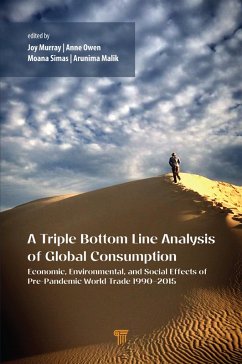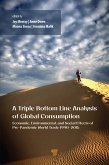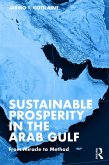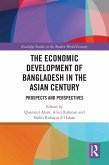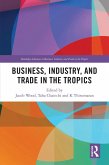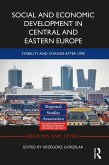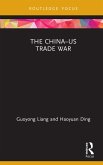This book adds a whole new dimension to the editors' previous work on the social, economic, and environmental effects of global trade. For the first time it brings all three pillars of sustainability together into one coherent multiregional input-output (MRIO) framework. It shows the power of MRIO analysis to illuminate the local and global interdependencies of economic, environmental, and social systems and the benefits to be gained through analysing all three together. Change one thing and everything else changes. With chapters from around 60 researchers across 34 countries, this book illustrates the effect of natural resources and government policy settings 1990-2015 on the balancing act that was-and is-global trade. It provides a holistic systems' view of how supply chains work, revealing how easily they can become fragmented and out of kilter. And within all the chaos of COVID-19 it shows how MRIO is the one tool that can help rebuild a post-pandemic global economy into a fairer, safer world.
Dieser Download kann aus rechtlichen Gründen nur mit Rechnungsadresse in A, B, BG, CY, CZ, D, DK, EW, E, FIN, F, GR, HR, H, IRL, I, LT, L, LR, M, NL, PL, P, R, S, SLO, SK ausgeliefert werden.

